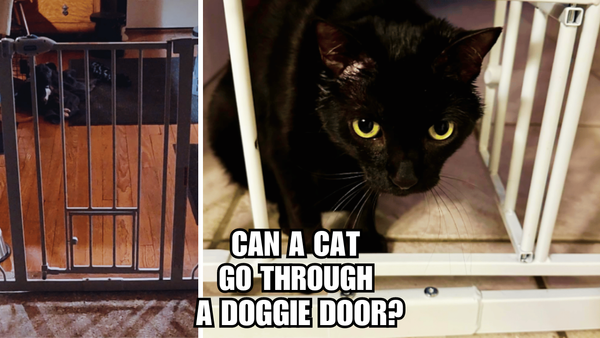Key Takeaways:
- Understanding the natural behavior and needs of cats can explain their relationship with blankets.
- Blankets can provide warmth, comfort, and a sense of security for cats, especially in certain environments or situations.
- Not all cats may require a blanket, but providing one can enhance their well-being.
Cats are enigmatic creatures, often leaving their human companions wondering about their needs and desires. One question that might have crossed your mind is, "Do cats need blankets?" While the image of a cat curled up in a soft blanket is endearing, it's worth exploring whether blankets serve a purpose beyond cuteness.
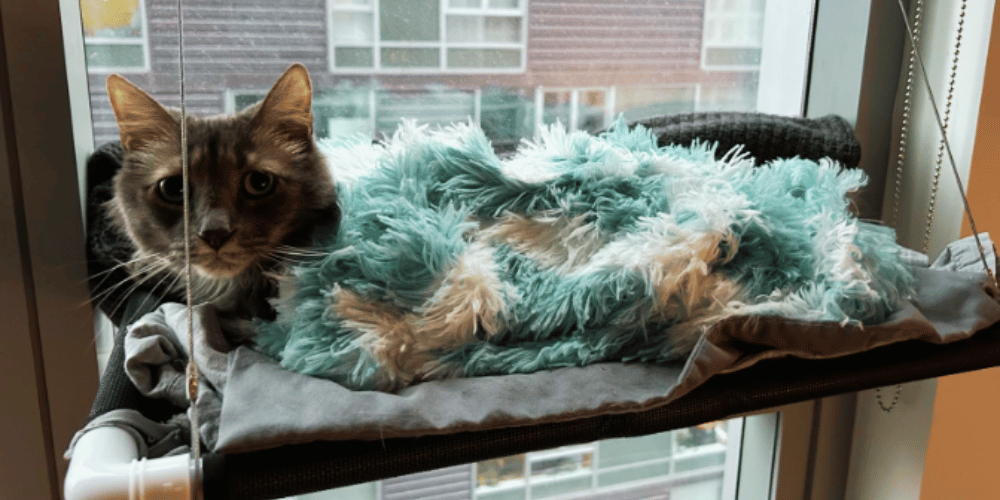
The Comfort of Softness: Why Cats Knead Blankets
Have you ever noticed your cat kneading a soft blanket with their paws? This behavior is a throwback to kittenhood when they kneaded their mother's belly to stimulate milk flow. As adult cats, they often continue this comforting action on soft surfaces, including blankets. This kneading can be a sign of contentment and relaxation, suggesting that cats associate blankets with positive feelings.
Wild Roots: Do Wild Cats Seek Similar Comfort?
Considering the domestic cat's wild ancestors, it's interesting to note that wild cats do not have the luxury of manufactured blankets. However, they do seek out warm spots and soft surfaces in their natural habitat for rest and protection. This instinctual behavior indicates that while blankets are not a necessity for survival, they can provide a similar sense of comfort and security that wild cats find in nature.

Body Heat and Comfort: The Role of Blankets for Cats
Cats are known for seeking out warm places, whether it's a sunny windowsill or a cozy spot near heating vents. Their body temperatures are higher than humans, so they are drawn to warmth for comfort. A warm blanket can serve as an ideal spot for a cat to maintain its body heat, especially during the colder months or in drafty homes.
The Scent of Security: Marking Territory with Blankets
Cats have scent glands in their paws, and when they knead blankets, they release pheromones that mark the blanket as their own. This marking behavior can make a blanket an important territorial item for a cat, providing a sense of security and familiarity in their environment, whether it's a new house or just a new pet bed.
The Emotional Connection: Cats and Their Favorite Blankets
Just like humans, cats can develop emotional attachments to objects, including blankets. You may have noticed your furry friend returning to the same blanket repeatedly for naps or play. This attachment can be a sign that your cat feels safe and content with their chosen blanket, making it more than just a simple bedding item.
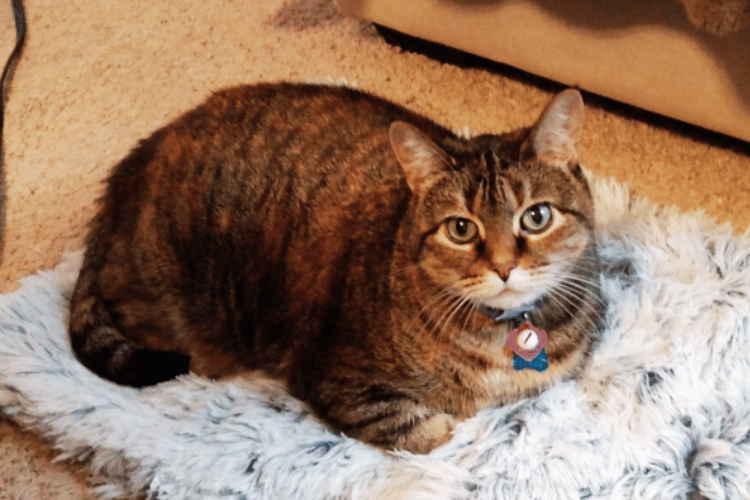
The Role of Cat Beds in Feline Comfort
Cat beds are more than just a luxury for your feline friends; they serve as a personal haven where your kitty can retreat for a sense of security and warmth. Unlike the occasional blanket, a cat bed is a dedicated space that your pet can recognize as their own. This is particularly important for male cats, who may be more territorial and appreciate having a space that is solely theirs. A cat bed can also provide additional warmth, acting as a built-in heating pad, which is especially beneficial for cats that are prone to feeling cold.
Moreover, cat beds can come in various shapes and sizes, catering to the unique preferences of different cats. Some beds are designed with raised edges for cats who love to snuggle and feel enclosed, while others are flat and plush for those who prefer stretching out. The choice of a cat bed can also reflect the personality of your pet, whether they're a playful kitten who enjoys beds with attached toys or an older cat who values a quiet spot for uninterrupted sleep. The key is to observe your cat's habits and provide a bed that complements their lifestyle.
Interactive Play: Blankets and Toys in Feline Life
Cats are playful creatures by nature, and incorporating toys into their daily routine is essential for their physical and mental well-being. Blankets can become an interactive part of playtime, with many cats enjoying the game of hiding and pouncing as if the blanket were a part of their natural hunting behavior. This playful interaction not only strengthens the bond between pets and their owners but also provides cats with the necessary exercise to stay healthy and agile.
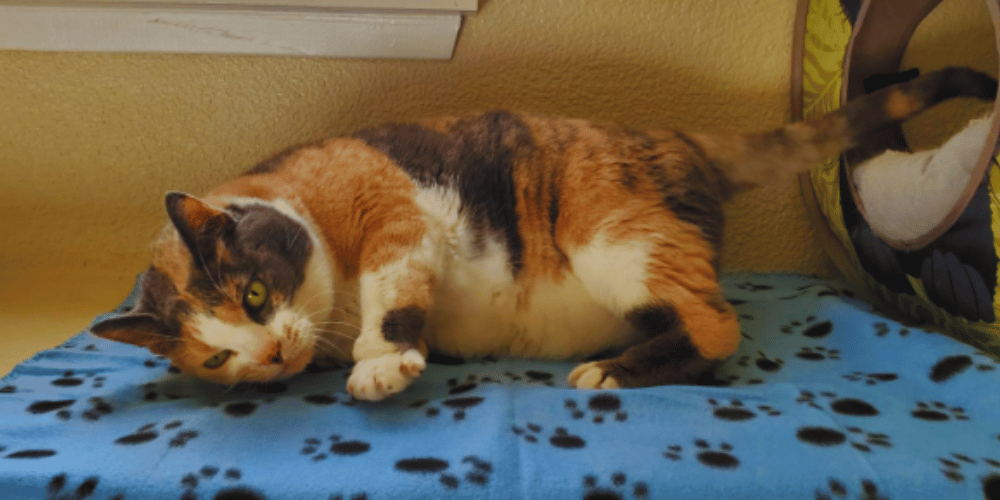
In addition to serving as impromptu toys, blankets can also be a source of comfort during rest periods after play. Kittens, in particular, may seek the softness of a blanket to cuddle into, reminiscent of the warmth and safety felt when nestled with their littermates. For cats that worry or feel anxious, a familiar blanket or clothing item with their owner's scent can be a reassuring presence, helping to alleviate stress and promote a sense of calm. Whether it's for play or relaxation, the presence of a blanket in a cat's environment can significantly enhance their quality of life.
Blankets for Kittens: A Substitute for Maternal Warmth
For kittens, blankets can play a crucial role in providing warmth and comfort, particularly when they are no longer with their mothers. A soft blanket can mimic the feeling of lying against their mother's fur, helping to ease the transition to a new environment and reduce stress.
Outdoor Cats and Blankets: A Special Consideration
Outdoor cats face different challenges than their indoor counterparts, especially when it comes to finding a warm place during winter months. Providing an outdoor cat with a blanket in a sheltered area can be a lifesaver, offering much-needed warmth and a cozy spot to retreat to.
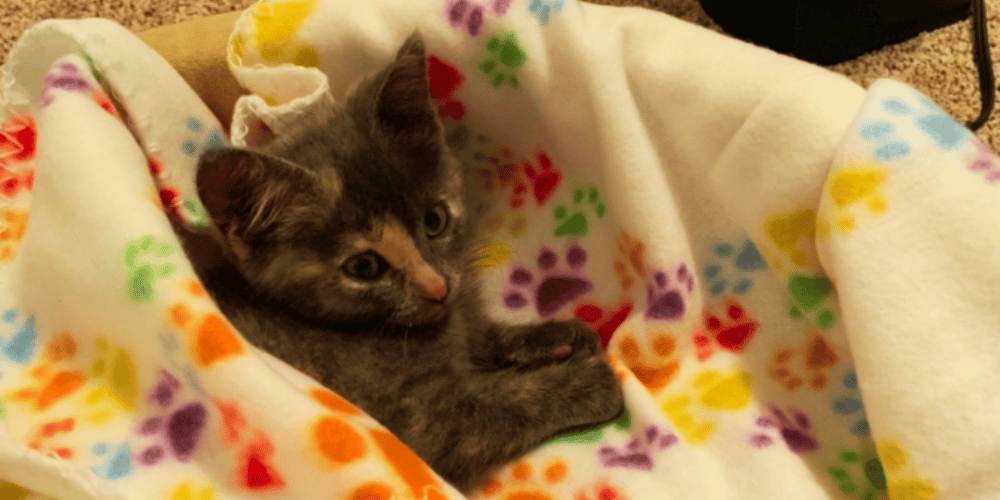
Do All Cats Like Blankets the Same Way?
While most cats enjoy the comfort of a soft blanket, not all felines will react to blankets in the same way. Some may prefer other soft surfaces or may not show any interest in blankets at all. Observing your cat's behavior is the best way to determine their personal preferences.
Choosing the Right Blanket for Your Cat
When selecting a blanket for your cat, consider the material and texture. Cats typically prefer soft, plush fabrics that they can sink their claws into without getting stuck. A new blanket should be introduced gradually, allowing your cat to become accustomed to its scent and texture.
Blankets as a Tool for Anxiety Relief
For cats that experience anxiety, a blanket can be a source of comfort. The familiar scent and softness can help soothe a stressed cat, whether they're dealing with a move, a new family member, or just the everyday hustle and bustle of the household.
Summary
In summary, while cats may not need blankets for survival as their wild ancestors did not, blankets can provide numerous benefits to our feline friends. From warmth and comfort to a sense of security and emotional attachment, blankets can enhance the well-being of many cats. Observing your cat's behavior and preferences will guide you in understanding whether a blanket is right for your pet.
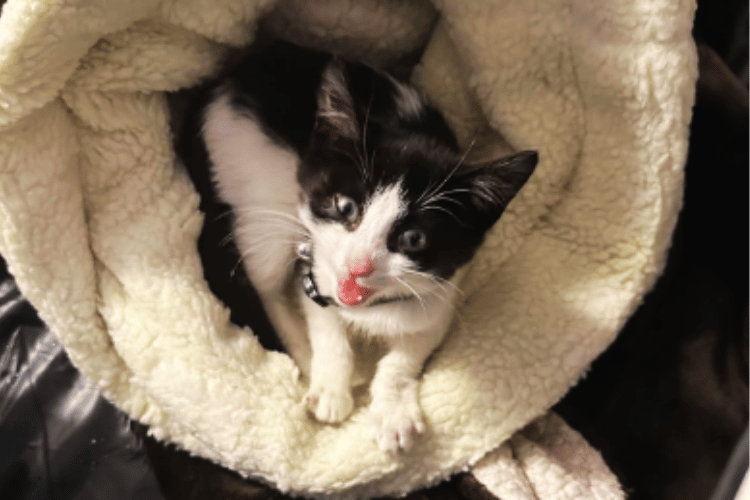
FAQ Section
Q: Can a blanket replace a cat bed? A: While a blanket can provide comfort and warmth, it may not offer the same support and structure as a cat bed. However, some cats may prefer a blanket over a bed, so it's worth trying both to see what your cat likes best.
Q: How can I tell if my cat likes their blanket? A: Signs that your cat enjoys their blanket include kneading it, sleeping on it frequently, and choosing it over other resting spots. If your cat seems indifferent or avoids the blanket, it may not be to their liking.
Q: Should I wash my cat's blanket, and how often? A: Yes, it's important to keep your cat's blanket clean. Washing it can remove dirt, hair, and allergens. However, washing too frequently can remove the familiar scent. Observe your cat's behavior and wash the blanket when it seems necessary, typically every few weeks or when it's visibly soiled.
Thank you for visiting LegitLists we hope this helps you make a legitimate choice!




